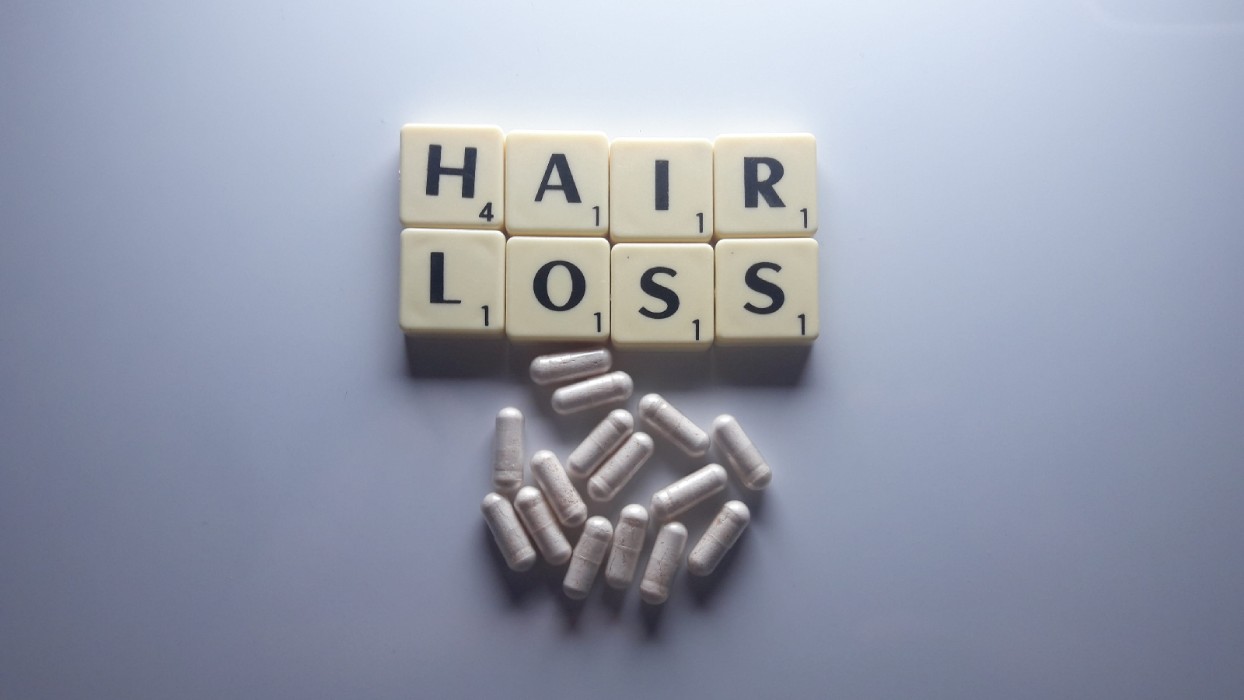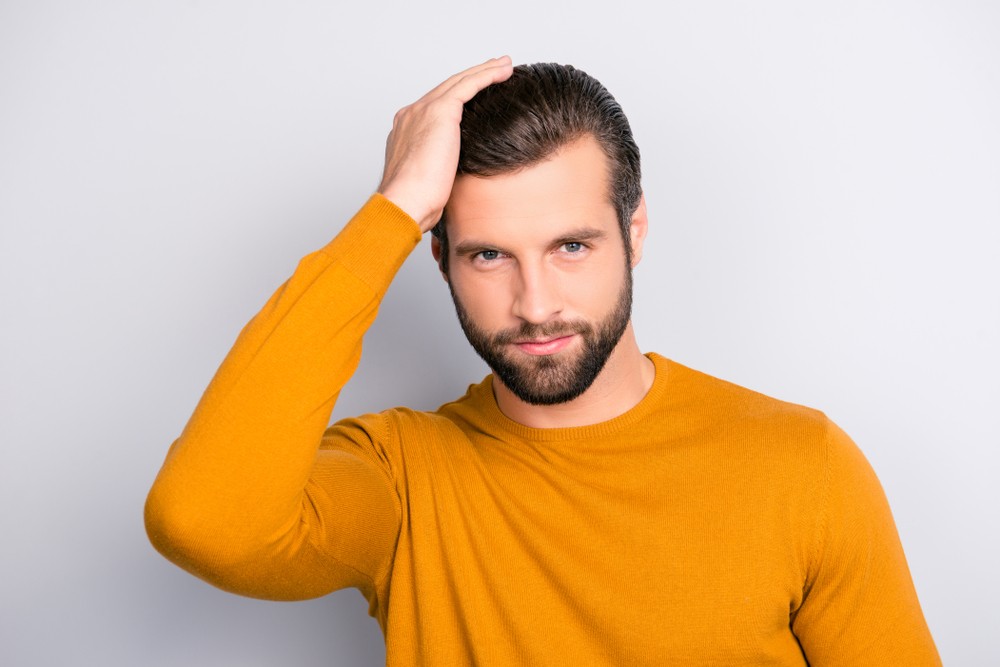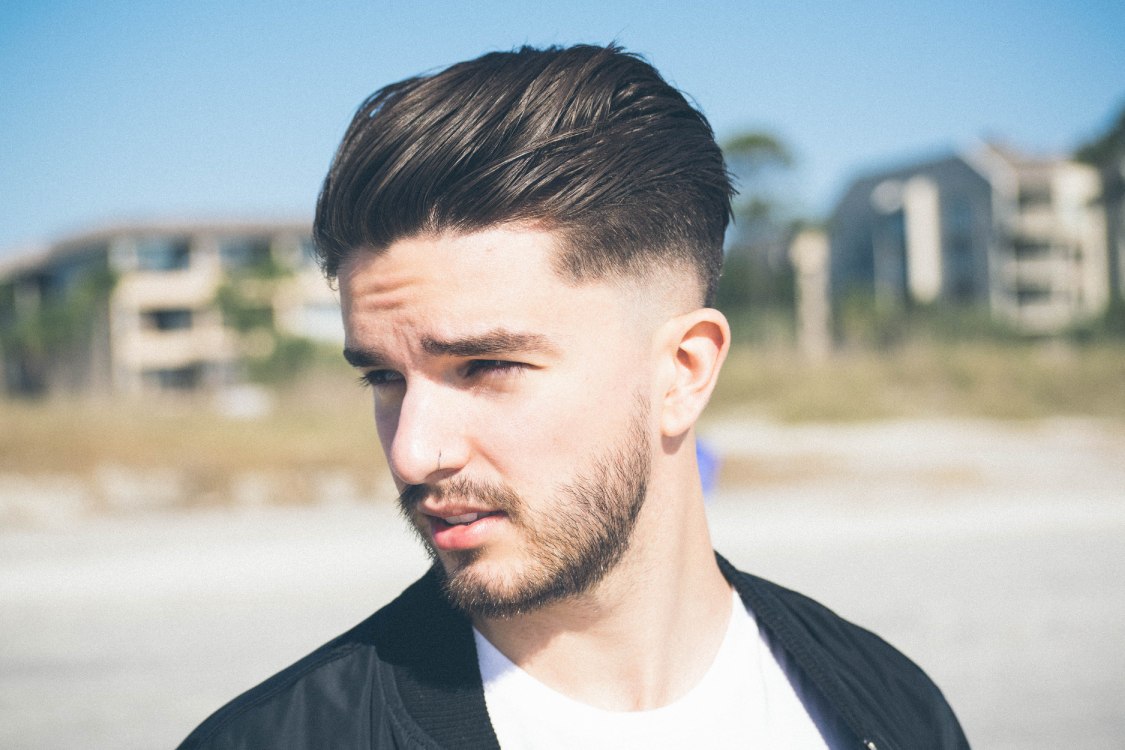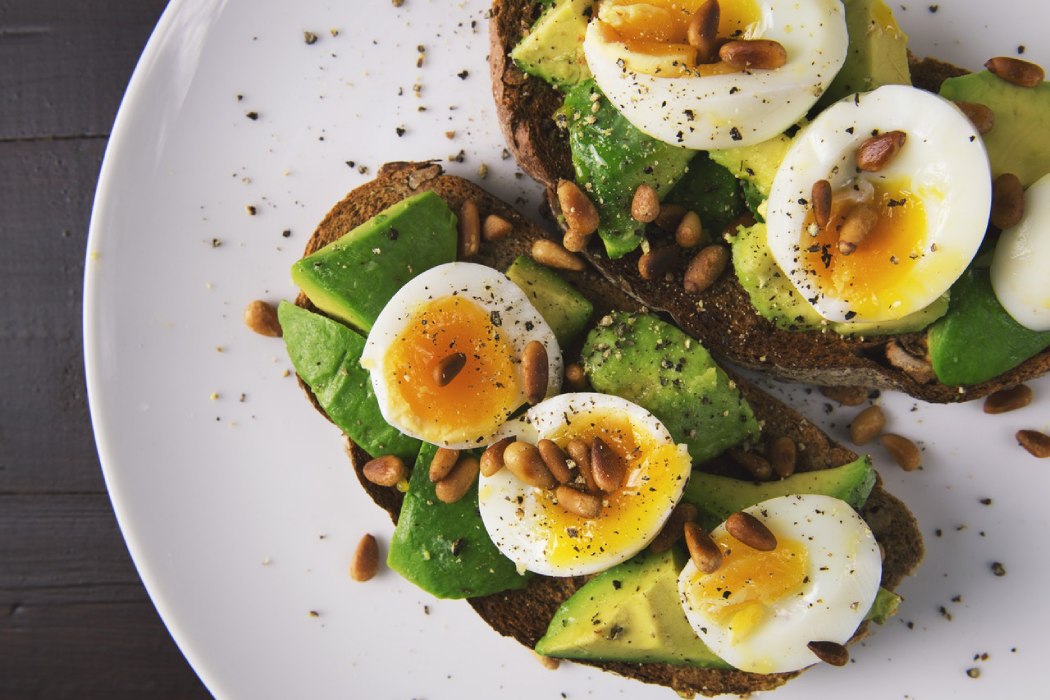Hair loss is quite a sensitive topic, we’ve talked several times about it before. Today, I’d like to talk about the best hair growth vitamins to provide you more in-depth information on how to treat your hair better.
Many people attach immense aesthetic value to healthy, fuller and thicker hair. Over the past few decades, the amount of studies has increased on the causes and treatment for hair loss.
Today, you don’t have to rely solely on contemporary medications for hair growth because supplements have also shown significant potential when it comes to the treatment of hair loss.
But how effective are these supplements? What do studies say?
Let’s explore together.
Can Vitamin Deficiency Be the Cause of Hair Loss?

Most people rarely suspect vitamin deficiency when they are evaluating the cause of their hair loss.
The reason is not out of ignorance, but most people assume that the foods we eat are laced with adequate nutrients and vitamin deficiency is not a major concern.
Nevertheless, there is evidence linking vitamin deficiency and hair loss.
Although studies don’t directly attribute vitamin deficiency to be a direct cause of hair loss, most people with hair loss are often found to exhibit some form of nutrient deficiency.
Some vitamin deficiencies present with hair thinning and reduced hair quality as one of the classic symptoms of such deficiencies.
On the other hand, vitamin deficiency could be a sign of an underlying medical condition, such as heart disease, which is often associated with hair loss.
If a heart disease is associated with alopecia and patients with heart disease have low levels of vitamin D, could vitamin D deficiency be the reason for hair loss in these patients?
Well, the answer is not a straightforward “yes” – but it is a very strong “maybe”.
Vitamins are important cofactors in the majority of the metabolic processes in the body. Some of these metabolic processes are prerequisites to the effective and healthy growth of hair.
Without vitamins, such metabolic processes are impaired and may present with features of unhealthy hair.
Vitamin Deficiency Could Be the Cause of Your Hair Loss if:
- You are under severe emotional stress;
- You are dieting;
- Your nutrition is poor;
- You have a metabolic disorder;
- You have an underlying chronic disease like heart disease or cancer.
Vitamin Deficiency May Not Be the Cause of Your Hair Loss if:
- You have a strong genetic predisposition to hair loss;
- Your skin is not perfect and your skin diseases affecting your scalp;
- You’re on a balanced diet;
- You are taking adequate vitamin supplements.
Irrespective of your reason for taking vitamin supplements, it’s always challenging to determine whether you have a deficiency or not by considering your symptoms at face value.
To confirm such a deficiency, you will need to contact your primary care physician who will request for laboratory investigations to look up the level of vitamins in your body specifically. This is the only sure way of knowing the severity of your vitamin deficiency.
Can You Really Benefit from Hair Growth Vitamins Supplements?

Contrary to what you may have read from your source of information, no adequate data is backing the role of vitamins in hair loss. This explains the reason why the Drug and Food Administration (FDA) has not approved the use of hair loss supplements vitamins to treat the hair properly.
The lack of FDA backing means that the available data is not sufficient to convince the government that these supplements are beneficial for hair growth. This poses a significant challenge to desperate consumers who may not be familiar with FDA regulations.
Besides, the absence of uniform guidelines means that vendors of supplement products will sell to you any information that will make you buy their product even if the information is false.
The general idea is that adding vitamins to your body will make your hair grow healthier and improve your body functions.
However, this doesn’t mean that the more vitamins you consume, the better the results.
First off, most people who take balanced diets have sufficient vitamin content in their body, unless they have a metabolic disorder impairing absorption, distribution and/or excretion of certain nutrients.
Besides, our body will only take sufficient amounts of nutrients and either store or excrete the remainder.
Therefore, taking too many hair growth vitamin supplements may not be associated with improved benefits.
Anecdotal evidence suggests that vitamin supplementation improves oil production in the scalp and stimulates rapid hair growth – but only when taken in adequate amounts.
Related Article: Dandruff & Hair Loss – Are They Really Related?
What Studies Say About Vitamin Supplementation for Hair Loss
In 2018, a peer-reviewed study reviewed the role of vitamins and minerals in hair loss. The study found out that, although micronutrients such as vitamins and minerals play significant roles in the function of the immune system and the development of hair follicles, this role is not entirely clear.
Moreover, most cases of micronutrient deficiency that present with inadequate, thin, and unhealthy hair provide a modifiable risk factor associated with the development, treatment, and stopping hair loss.
Essential Vitamins for Hair Growth

It’s common for people to inquire about vitamin supplementation and diet, especially when they want to prevent or manage diseases of the skin such as hair loss. Sometimes, vitamins have an enormous impact on hair growth.
Here are the most frequent, most relevant and the best vitamins for hair growth.
1. Vitamin A
Vitamin A is a group of fat-soluble vitamins comprising retinol, retinal and retinoic acid.
For adults over 19 years of ae, the recommended daily intake of Vitamin A is 1300 micrograms per day. This is on the upper intake level, and an adequate diet is just sufficient to provide this amount of vitamin A.
Vitamin A is required by all cells in the body for their growth and development. The human hair is one of the fastest-growing tissues of the body and requires an adequate amount of vitamin A to keep up with the growth requirements.
The primary mechanism of hair regrowth after vitamin A supplementation is due to the ability of this vitamin to stimulate the production of oil (sebum) from the sebaceous glands in the skin.
This sebum not only provides an appropriate environment for hair regrowth but also nourishes and moisturizes the existing hair making them look healthier and thicker.
In one animal-based study, it was determined that vitamin A deficiency presents with hair loss, hair thinning, and scanty hair. This finding augmented the hypothesis that supplementing vitamin A can protect against hair loss.
However, as a general rule, studies have shown that vitamin A is one of the vitamins that can easily cause toxicity. When you consume a lot of vitamin A, the capacity of your body to store and transport vitamin A is exceeded, and the vitamin pills in the blood leading to toxicity.
What’s more, one of the classic symptoms of vitamin A toxicity is hair loss. Therefore, you shouldn’t supplement more than what you need.
2. Vitamin B

Vitamin B is a complex of vitamins with the most known variety ranging from Vitamin B1 to Vitamin 12.
However, not all B vitamins have been attributed to hair regrowth and hair loss prevention.
Studies have found out that vitamin B7 (also called biotin), has a high association with hair growth because a link between hair loss in humans and biotin deficiency has been noted.
Like all other vitamins, the effectiveness of biotin in healthy individuals is unremarkable. There is no scientific data backing why healthy individuals should supplement biotin.
B vitamins are among the most abundant in nature, and you will surely obtain a rich measure of these vitamins from your diet alone.
Besides biotin, other B vitamins work in unison to help improve hair quality and hair regrowth due to their ability to improve blood flow. By improving blood flow to the scalp, they increase the delivery of nutrients and oxygen. This is also essential for the rapid proliferation of hair follicles.
Hitherto, many vendors sell B vitamins. Though if you are hard-pressed for cash, you can eat whole grains, meat, fish, leafy greens and almonds because these are rich sources of vitamin B.
Of all the B vitamins, cobalamin (vitamin B 12) is unique. The only reliable source of this B vitamin is animal products. Therefore, pure vegans may be at a disadvantage and suffer from vitamin B 12 deficiency. Consequently, healthcare professionals advise that strict vegans should consider supplementing vitamin B 12 in their diet.
3. Vitamin C

Most people may refer to vitamin C as one of nature’s most potent antioxidants. This vitamin helps cleave and eliminate free radicals from the body.
Studies have shown that free radicals cause oxidative stress that can block or impair healthy growth of hair. These radicals are also responsible for making your hair age quickly.
By taking vitamin C, you boost your body’s capacity to neutralize free radicals. You also improve the health of your hair by extension.
Moreover, vitamin C is one of the critical biochemical substances that the body requires to form collagen – a fibrous structure that is an essential component of your hair. Increased collagen production helps you grow thicker and fuller hair.
Besides, vitamin C enhances the absorption of essential minerals like iron from the gut during digestion. Some of these minerals are crucial for hair growth.
Notably, vitamin C has significant roles in hair growth; from increasing collagen production to preventing hair aging, and neutralizing free radicals. These are just some of the few beneficial mechanisms of vitamin C.
4. Vitamin D

Perhaps one of the most studied vitamins concerning hair loss is vitamin D.
A 2012 study published in the Annals of Dermatology showed successful treatment of alopecia areata with topical Calcipotriol. This topical product is a pharmacologic formulation of vitamin D and corticosteroids. It even helped achieve significant beneficial outcomes from the study.
There is evidence that Vitamin D helps in creating new follicles from which new hair grows. Although most of the research focuses on targeting vitamin D receptors for hair loss, the actual mechanism is unknown and should be confirmed by further studies.
Nowadays, it is way common to have vitamin D deficiency that it was half a century ago.
In women who haven’t attained menopause, inadequate sun exposure is the commonest cause of vitamin D deficiency. This explains the majority of sudden onset hair loss in women older than 18 years but younger than 45 years.
According to some hypotheses, fibrosis and calcification in the scalp that accompanies vitamin D deficiency is the primary cause of hair loss in many people. However, more studies should be done to substantiate these claims.
Conclusion
Vitamins are essential micronutrients in the body and are crucial for cellular growth and metabolism. Vitamins can help improve symptoms of hair loss.
However, let’s remember that these vitamins should be consumed in rationed amounts.
Why? Simply because some of them have toxicity symptoms which include hair loss. You don’t have to supplement more than what you need because you may not achieve a heightened desired response.
James is the Founder & CEO of GurusWay.com. Majoring in Business and other life-changing sectors, James covers helpful content and shares his experience with the targeted audience.